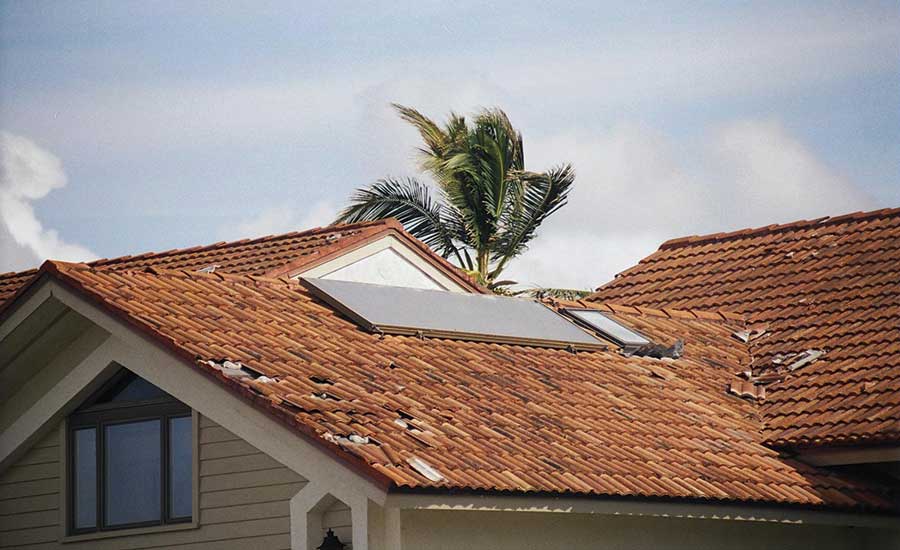The Demotech Difference Summer 2019 Issue was released August 1st and featured an article written by BuildPay CEO, Steve Wightman, that focuses on the dysfunction of the construction supply chain.
An excerpt from the full article is below.
On the morning of September 10th, 2017, Hurricane Irma made landfall in Florida at 130 mph, ultimately causing more than $10 billion of insured property losses, much of it involving tile roofs. According to Construction Executive magazine, Governor Rick Scott’s office quickly reached out to the Associated Builders and Contractors (ABC) trade organization to seek input on what could be done to enable the most prompt and efficient recovery effort. Governor Scott asked the right question, but even if you ask the right question in the eye of a hurricane, does it make a sound?
The roofing industry was certainly tested by Hurricane Irma. Several Florida counties reported an increase of more than 1,000% in monthly roof permit requests. Irma’s unique signature was excessive tile roof losses. The information and inventory that the supply chain needed for any hope of efficiency was unavailable. In many cases, tile roofs with only a few broken tiles were being fully replaced because the specific tiles needed to do repairs were “no longer available.” Often the needed tiles were actually available, but couldn’t be found inside the dysfunctional construction supply chain.
To be fair, Irma is not the first catastrophe to have been affected negatively by dysfunctional reconstruction processes. The results of catastrophe dysfunction are higher prices and slower recovery. Most of the blame for this is placed on “demand surge,” shortages, mortgagees and overburdened adjusters.

